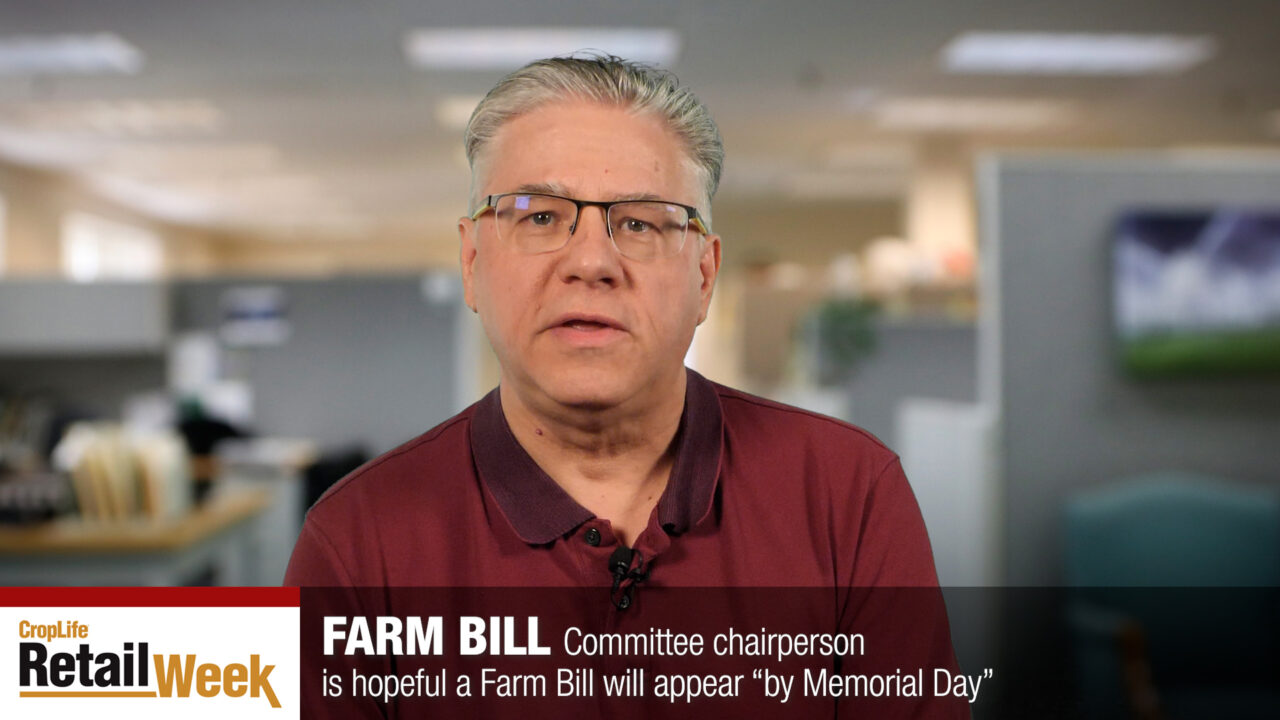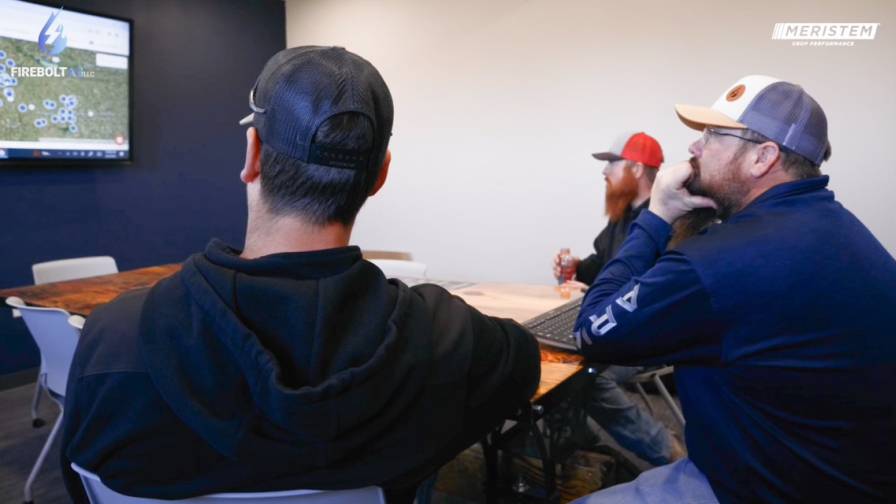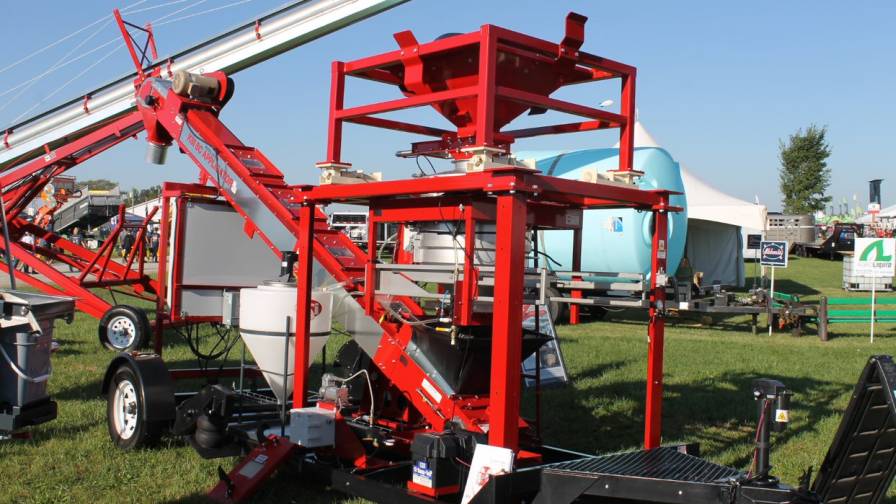Seed Treater Business Strong on New Opportunities, Despite Supply Issues
“In our business, when we had a two- to three-month lead time, that was out of the ordinary. You don’t know when you’re going to get your electronic components and other necessary parts,” Andy Renyer, Owner and Chief Executive of USC LLC, based in Sabetha, KS, says.
To further illustrate the supply challenges, last year, USC had success selling field load conveyers in online auctions. This past July, it was forced to stop the sales because it couldn’t secure gas power packs for the system, Renyer says. For some items, including from its largest electronics supplier, they’ve recently seen a light at the end of the tunnel.
In addition, re-engineering solutions to deal with worsening supply chain challenges over the past two years has taken away from the time it would typically spend on innovation, Renyer explains.
On the positive side, he noted that input prices and inflation have stabilized, compared to the runaway freight train that was last early fall.
Another element driving more business for seed care equipment suppliers is Pivot Bio’s push to overtreat corn.
At Farm Progress, the up-and-coming, Berkeley, CA-based Pivot Bio announced the launch of its PROVEN 40 On-Seed and RETURN On-Seed products to integrate nitrogen seamlessly with the seed (corn, sorghum, and spring wheat) during planting. The only on-seed application of microbial nitrogen on the market, Pivot Bio says PROVEN 40 OS and RETURN OS enhance the crops’ potential by providing an efficient and dependable 24/7 nitrogen source with no loss to leaching, denitrification, or volatilization.
Pivot Bio has co-developed the formulas with seed care equipment manufacturers, to help ensure proper handling and application of the microbial seed treatment. The company tells CropLife® it prefers “to serve growers through an independent sales network, which provides high-touch service and ensures a successful experience with our nitrogen technology.”
For ag retailers, the sting of the prospect of lowered nitrogen sales is felt at the outset, but in the longer term, change is constant and other opportunities for growth will no doubt arise.
KSi, says Rick Smith, Director of Marketing, is busy, including work on the OEM side of its business, driven by demand for large air seeders and seed tender manufacturers, for which it supplies the conveyors.
In times of high inflation, “we have found that our diversity helps us,” says Smith. “We can match up a system to pretty much any of our customers’ budgets and their needs in such a way that it makes it affordable and makes it a value proposition for them.”
KSi offers its traditional 4808NGA Seed Applicator, as well as its SC applicator, which uses the same atomizing chamber that its drum applicator uses, but instead of going into a rotating drum for the mixing action, seed goes into a static mixing conveyor.
“We have different price points and, in some cases, we have ag retailers who are looking to add a second seed treatment system, so that they can have one system running soybeans but would also like to do some one-off testing or short runs. Rather than disrupt the flow of their main system, they would like a more economical option for that secondary system. They are using the SC Applicator in that case,” Smith explains.
Smith has observed the growing separation in the marketplace between those that are looking to cut costs and simply opt for a treater to do the job, and a growing number who are understanding the value of what he calls a professional level of equipment.
“It’s a reflection of their business and of their location. They want to have a professional image and a quality equipment,” he says. They are looking for accuracy, but even more so the transparency of that accuracy to the grower. They want data collection to be able to show proof of the accurate treatment. If they’re going to invest in a higher level of equipment, they expect service and support and the follow-through.
“We’re finding there are ag retailers willing to pay for that professionalism and will pay a small fee to ensure that equipment stays up to date,” he adds. “Gone are the days when an ag retailer would buy a system and they’re just stuck with it for the next 10 years. Nowadays, the ag retailer is purchasing quality equipment that is going to last for 10 years, but they’re getting the latest systems technology upgrades with it each year. They have ongoing updated software, and it often integrates into their billing systems or inventory systems seamlessly, as well as offering real-time analytics and reporting.”







